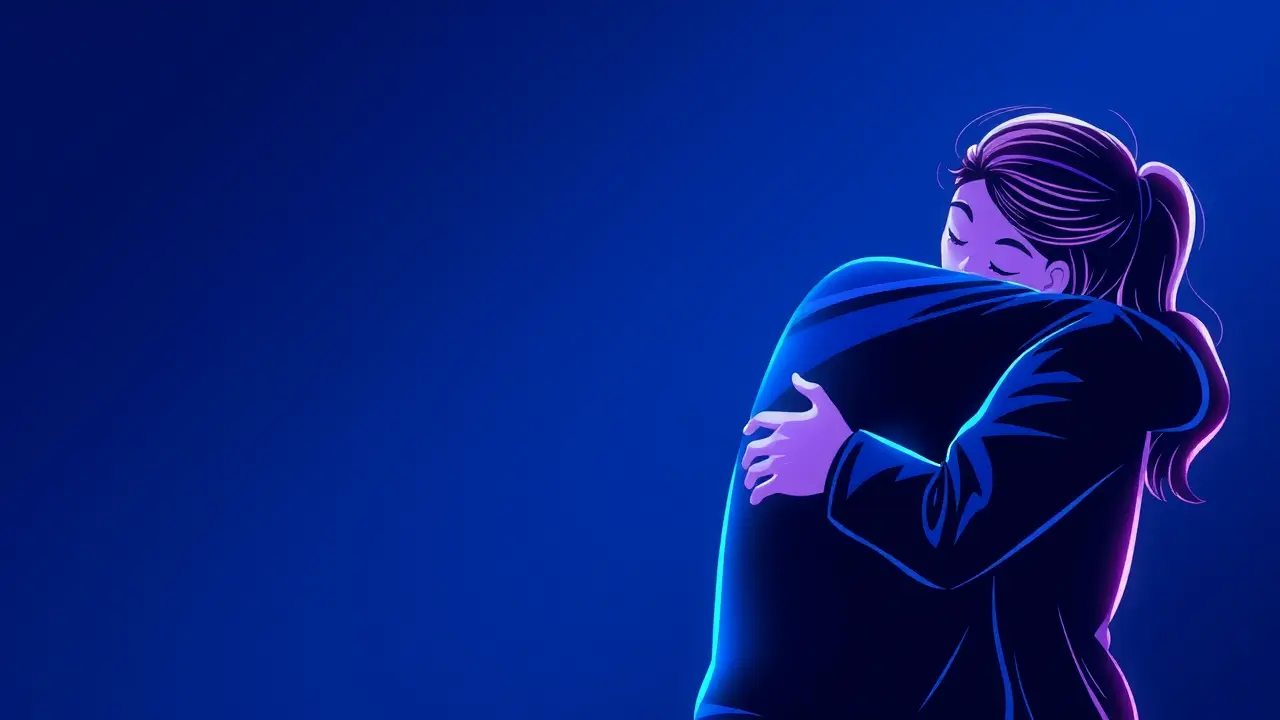
Entertainmentculture & trendsSocial Media Trends
Singles Paying $200 for Hugs from Strangers
LA
Laura Bennett
1 day ago7 min read
In a world increasingly mediated by screens and transactions, a quiet, profound shift is occurring in how people seek and find comfort, with singles now reportedly paying up to $200 for the simple, human act of a hug from a stranger. This isn't merely a quirky headline; it's a stark symptom of a deepening loneliness epidemic that transcends borders, a silent crisis of connection in an ostensibly hyper-connected age.As a writer who spends her days listening to people's stories, the narrative here is achingly familiar—the longing for a basic, non-verbal reassurance that you are seen, that you matter, that for a moment, you are not alone. We've built entire digital empires on the promise of community, yet we find ourselves in a paradoxical state of touch deprivation, where the most fundamental human language, that of physical presence, has become a premium service.This phenomenon echoes historical precedents where societal shifts created voids in human intimacy; consider the rise of professional mourners in certain ancient cultures or the 'Rent-a-Family' services in densely populated, work-obsessed societies like Japan, where contractual relationships temporarily fill emotional gaps. The modern iteration, however, is uniquely shaped by the post-pandemic landscape, where periods of enforced isolation have left a lingering residue of caution and a heightened awareness of what was lost.Experts in sociology and psychology point to the critical role of platonic touch in human development and well-being—it lowers cortisol levels, boosts oxytocin, and provides a sense of safety that words often cannot. When that is absent from daily life, the market, in its coldly efficient way, steps in to commodify the very thing it should foster organically.But what are the consequences of outsourcing our most basic human needs? Does this transactional intimacy provide a genuine salve, or does it ultimately underscore the very isolation it seeks to remedy, creating a cycle where human warmth becomes another line item on a budget? The individuals seeking these services are not simply customers; they are people navigating a world that has, in many ways, forgotten how to be still and simply be with one another. They are the remote worker in a studio apartment, the recent transplant to a vast city, the person whose family is thousands of miles away—their stories are a mosaic of modern life.This trend forces us to look beyond the price tag and ask deeper, more uncomfortable questions about the architecture of our communities, the erosion of third places, and the ways in which our economic and social structures have prioritized productivity over presence. The $200 hug is not the problem; it is a desperate, human solution to a problem we have all collectively authored.
#featured
#loneliness epidemic
#paid hugging
#social trends
#human connection
#mental health
#viral services
Stay Informed. Act Smarter.
Get weekly highlights, major headlines, and expert insights — then put your knowledge to work in our live prediction markets.
Comments
It’s quiet here...Start the conversation by leaving the first comment.
© 2025 Outpoll Service LTD. All rights reserved.